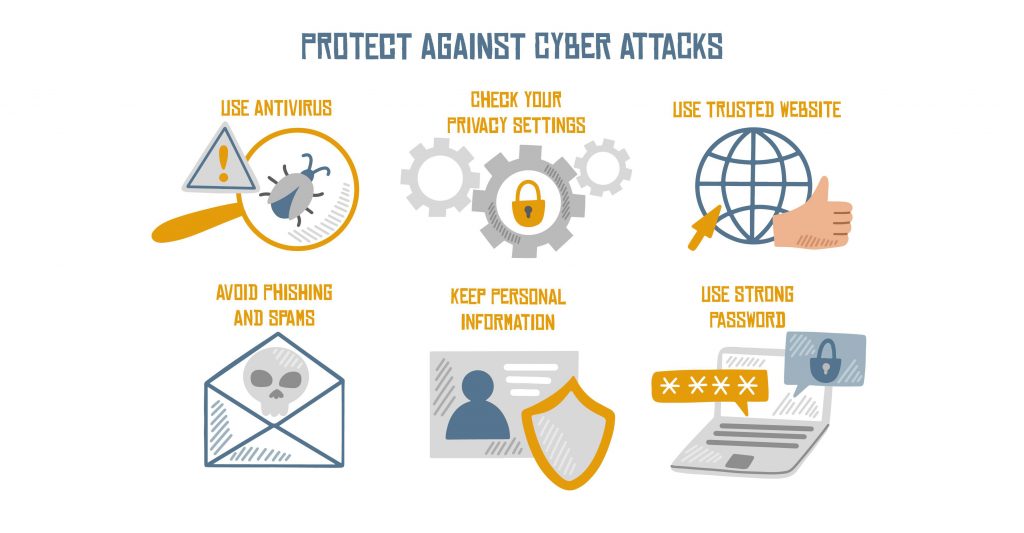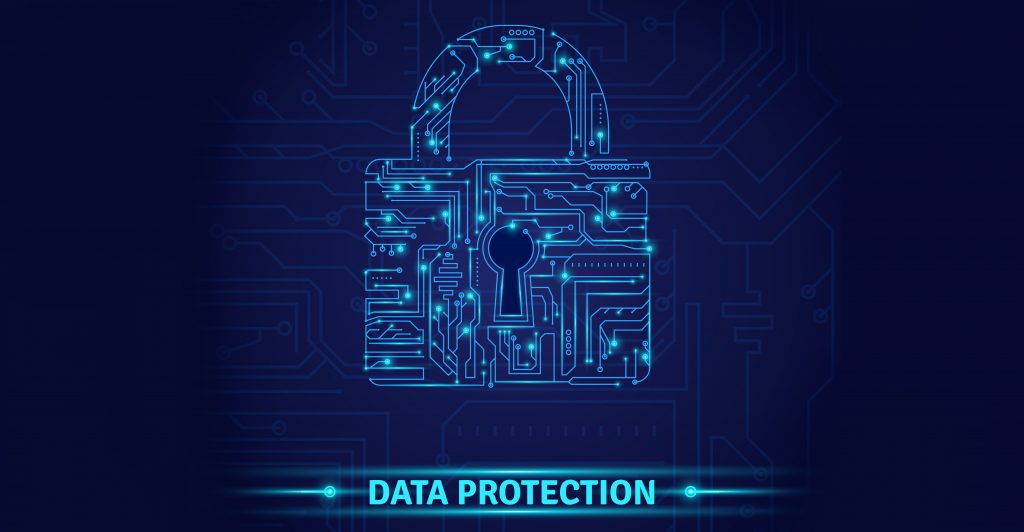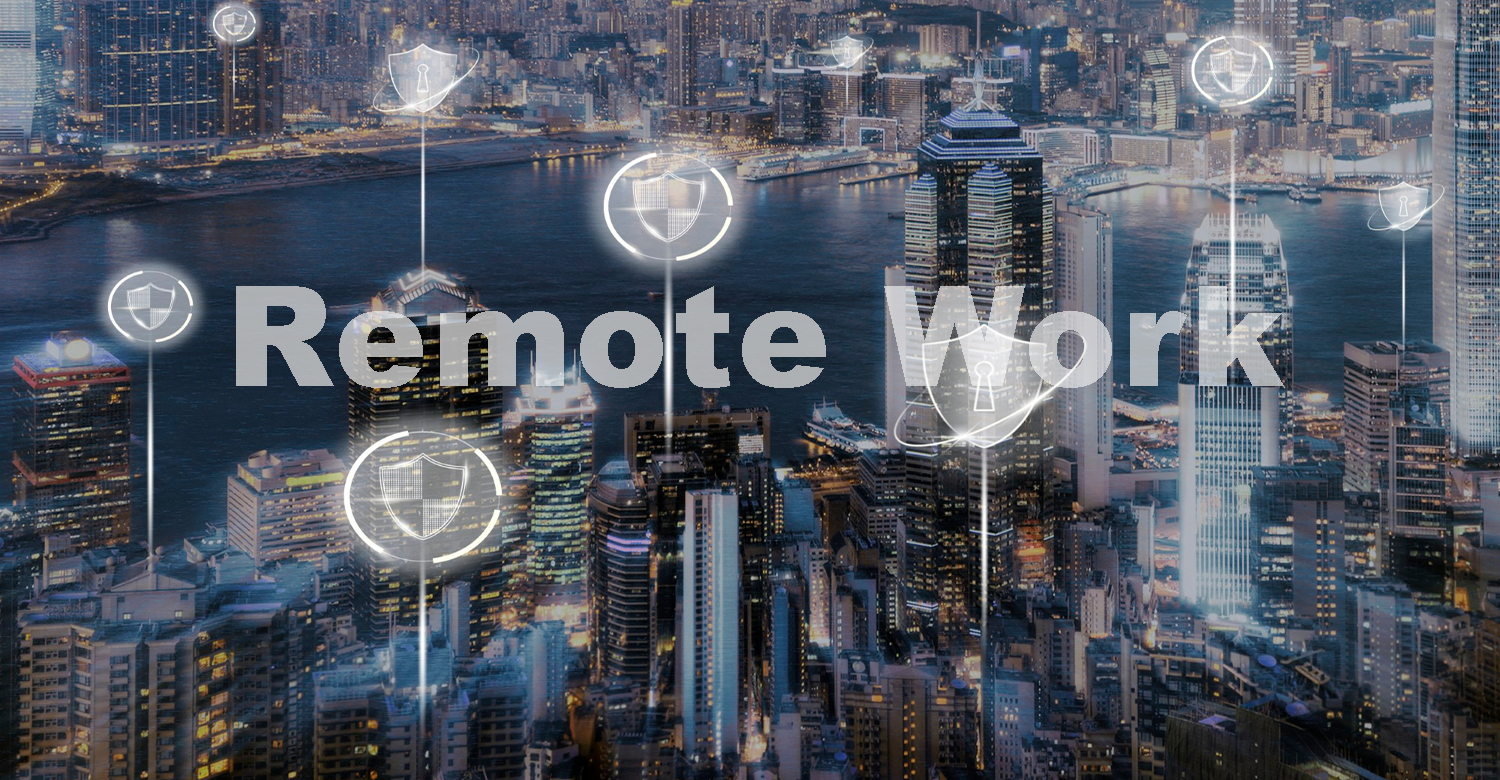In the current business landscape, distinguished by the rapid adoption of remote work and the omnipresence of digital transactions, ensuring the security of sensitive information has become critical. This is where Virtual Private Networks, or VPNs, step in as essential tools at the service of modern businesses.
Most businesses have a type of adoption of online work, where employees operate from diverse locations, communicating and collaborating through the Internet. While this level of flexibility and connectivity is a blessing, it also introduces potential vulnerabilities. This is where VPNs play a crucial role – as digital sentinels safeguarding the integrity and confidentiality of business data.
In this article, we embark on a journey to uncover VPNs’ intricate role in maintaining business security. We will unravel the mechanics behind VPNs, explore their significance in remote work, and delve into how they contribute to the evolving landscape of business operations.
Table of Contents
So, What’s the Deal with VPNs Anyway?
Let’s get straight to the point: VPN. I’m sure you’ve heard the term mentioned before, but what’s all the hype about? Well, imagine sitting in a busy coffee shop, sipping your latte, and using the cafe’s free WIFI to connect to the internet from your computer. You might think you’re safe from cyber intruders because you used the keyword to access the network, but think twice.
Think of VPNs as a secret tunnel that allows you to connect to the Internet. It’s encrypted and protected by layers of security, so when you send an email, chat with your friends, or make online purchases, all your data goes through this tunnel.
But that’s not the whole story – VPNs are like chameleons for your online identity.– Since every device connected to the Internet has a unique IP address, it works like your device’s online home address. And just like knowing someone’s address can tell you a lot about them, cyber trackers can gather a bunch of info from your IP address. With a VPN, your IP address goes incognito, and you get a new one. It’s like wearing a disguise when you venture into the online world.
Remember, VPNs aren’t just keeping the bad guys out but also keeping your online persona a mystery. So, whether browsing for your next vacation spot or handling confidential work emails, VPNs add that extra layer of protection that lets you confidently roam the digital realm.
The public Wi-Fi Pitfall
We’ve all heard the adage, “Public Wi-Fi is the gift that keeps giving.” That’s true when you’re on the go, but it’s also the perfect playground for cybercriminals.
Think of public Wi-Fi like a busy street, where people shout their personal information for all to hear. On an open network, anyone with the right tools can listen in.
That’s where our trusted VPN comes in. It creates an encrypted tunnel between your data and the Internet. Even if connected to your local coffee shop’s sketchy Wi-Fi, you’re still protected.
So, while the rest of us are broadcasting our stuff to the world, your data sits safe, utterly undetectable to lurking cyber predators.
Putting VPNs to Work in the Corporate World
As our digital world becomes more decentralized, businesses are operating in a world without physical borders. Teams are located all over the globe, logging in at home, in the coffee shop, and even on vacation. But with the benefits of remote working. With this newfound freedom comes the responsibility of protecting companies’ sensitive information in a virtual environment that feels limitless and exposed.
VPNs aren’t just software tools; they’re strategic shields for protecting your company’s most valuable asset: your data. It’s not just about installing an app; it’s about creating a safety culture. Think of VPN as armor for protecting your team’s digital assets.
VPN education isn’t just an installation process for the corporate world; it’s integral to a business’s day-to-day operations. VPN education is a ritual, just as you’d provide security training for your employees. It’s more than just a checkbox; it’s a company’s cybersecurity mindset shift.
When VPNs are integrated into a company’s infrastructure, employees don’t just connect; they create encrypted tunnels that protect the data between their devices and the Internet. Think of it as laying digital roadblocks around your company’s sensitive information.
When you incorporate VPNs into your daily workflows, you empower your employees to control their online security and help them do online work safely.
However, let’s not forget the customer. Businesses must protect their customers’ data. That’s where VPNs come into play. When customers see a company that puts security first, it sends a powerful message.
Also, let’s remember other business data like confidential financial reports, proprietary product designs, and customer information; VPNs provide a sense of control amidst the chaos of the digital world.
VPNs will be your compass as your business navigates the complexities of the digital landscape. Even as the landscapes change, they’ll keep you on the right path.

Implementing VPNs for Business Security
Implementing VPNs is like building a fortified bridge between employees and the vast digital landscape. Here’s how it’s done:
1. Using Specialized Business VPN Services:
Many companies use specialized VPN services tailored for businesses. These services often provide a dedicated infrastructure designed to handle the unique needs of a company’s operations. These services offer features like centralized management, user authentication controls, and more.
2. Setting Up Dedicated Servers:
Some larger enterprises set up dedicated VPN servers. This gives them complete control over the infrastructure and allows customization to meet specific security requirements. While this approach requires more technical expertise and resources, it offers more control over the VPN environment.
3. Balancing Security and Convenience
Whether using specialized services or dedicated servers, businesses must balance security and convenience. VPNs need to provide a seamless user experience while ensuring data protection. This might involve implementing multi-factor authentication, user-friendly interfaces, and regular security updates.
4. Addressing Scalability:
As businesses grow, their VPN needs evolve. This requires considering scalability in VPN implementation. Business VPN services often offer scalable plans for increasing user numbers and data traffic. For companies with their own infrastructure, scalability planning involves maintaining server capacity to handle growing demands.
5. Collaboration with IT Experts:
Implementing a VPN for business requires collaboration with IT experts who understand the intricate details of network security. IT professionals are crucial in selecting the right VPN solution, configuring it correctly, and ensuring its ongoing maintenance.
6. Securing Mobile Devices:
In today’s mobile-centric world, connecting devices beyond traditional computers is paramount. Businesses extend VPN protection to mobile devices like smartphones and tablets used for work purposes. This involves deploying VPN apps that encrypt data transmitted over cellular and Wi-Fi networks.
In essence, businesses have options when it comes to VPN implementation. They can either utilize specialized services designed for their needs or build and manage their infrastructure. Whichever path they choose, the end goal remains the same: to establish a secure digital pathway that allows employees to work flexibly and collaboratively, all while safeguarding sensitive data from the ever-present threats of the digital realm.

Tackling VPN Hurdles for Businesses
As we’ve explored how VPNs bolster business security, addressing the challenges organizations might face when implementing and using VPNs is essential. Just like any tool, VPNs come with their own set of hurdles. Let’s take a closer look at these challenges and how businesses can tackle them:
1. Connection Speed Concerns for remote work:
One common concern is that VPN might slow internet connection speeds. This can impact productivity, especially when accessing large files or using bandwidth-intensive applications. To tackle this, businesses can opt for VPN services that offer high-speed servers optimized for data-intensive tasks.
2. Compatibility Issues:
Ensuring VPNs work seamlessly across various devices and operating systems can be challenging. Businesses need to choose VPN solutions that are compatible with their employees’ devices, whether it’s Windows PCs, Macs, smartphones, or tablets.
3. User Training and Awareness:
Introducing VPNs to employees requires proper training and awareness-building. Employees need to understand why VPNs are essential, how to use them correctly, and the potential security risks of not using them. Regular training sessions and clear communication can help overcome this hurdle.
4. Balancing Security and User Experience:
While security is a top priority, a VPN should provide a smooth and user-friendly experience. Complex logins or frequent authentication prompts can frustrate employees. Businesses need to strike a balance between robust security measures and a seamless user journey.
5. Cost Considerations:
Implementing and maintaining VPN infrastructure through specialized services or in-house servers comes with costs. Businesses must budget for VPN expenses, considering subscription fees, hardware requirements, and ongoing maintenance.
6. Monitoring and Compliance:
Keeping an eye on VPN usage, ensuring compliance with security policies, and identifying unusual activities require consistent monitoring. Organizations must invest in tools and practices that effectively monitor VPN traffic and respond to potential security incidents.
7. Remote Work Challenges:
While VPNs enable secure remote work, managing VPN connections for a dispersed workforce can be complex. Businesses need strategies to handle a variety of remote scenarios, from home offices to public Wi-Fi networks, while maintaining data security.
8. Data Privacy and Regulations:
Businesses must navigate data privacy regulations, especially when dealing with sensitive customer information. Ensuring VPNs adhere to relevant compliance requirements is crucial to avoid legal issues.
9. Technical Expertise:
Tapping, configuring, and managing VPNs requires specialized expertise. Smaller businesses need help finding skilled IT professionals for VPN deployment and maintenance.
10. Evolving Threat Landscape:
Cyber threats constantly evolve, and VPNs need to keep up. Businesses should choose VPN solutions that stay up-to-date with the latest security protocols to counter new and emerging threats effectively.
By acknowledging and proactively addressing these challenges, businesses can maximize the benefits of VPNs while minimizing potential roadblocks. With careful planning, strategic implementation, and ongoing adaptation, VPNs can remain steadfast allies in the mission to secure business operations in the digital age.
Final Words: Your VPN Guardian Angel
In an era where data breaches are front-page news and cyber threats are lurking around every corner, virtual private networks (VPNs) are the unacknowledged heroes that keep your online life as secure as possible.
VPNs have emerged as the go-to tools for the modern digital explorer. From encrypting your data to providing you with a hidden online identity, VPNs have made it easier than ever to keep your data safe.
VPNs are a powerful tool, but they’re not foolproof. They’re an essential part of your cybersecurity strategy. They work best when you combine them with other intelligent practices.
Securing our online presence becomes non-negotiable as we enter the digital age. With remote work becoming the norm and businesses stretching their wings across the global digital landscape, the need for robust cybersecurity measures has never been more pressing.




